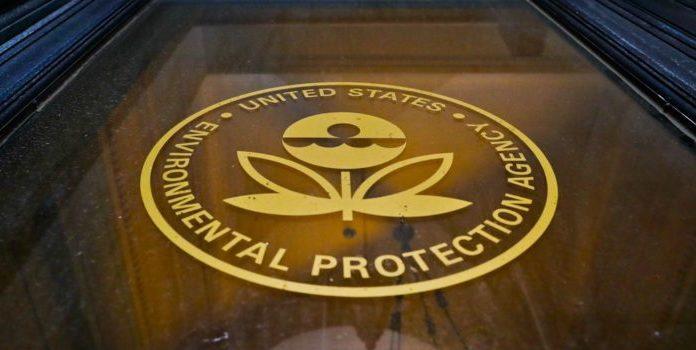(Molly Bruns, Headline USA) The Environmental Protection Agency is quadrupling the payments for damages allegedly caused by carbon emissions, in the latest attack on American energy independence.
An Obama-era policy, known as the Social Cost of Carbon, was first set in 2009 when the EPA first estimated the damage costs at $51 per metric ton. Recently, the EPA revised its calculation raising the damage estimate to $190, and estimating that it could reach $410 by the year 2080.
According to Just the News, the figure may boost the cost of methane regulations and tailpipe emissions in order to make up for “climate reparations,” which President Joe Biden committed to paying to poor countries.
The new estimate is under scrutiny within the legal system; many Republican attorneys general are challenging the Biden administration on the Social Cost of Carbon rule.
Key litigators said that if the rule stands, the influx in prices would effect consumers down the line.
“If you think about the fact that they would impose this damage factor, let’s say on farmers, because it applies to fertilizer,” Louisiana Solicitor General Liz Muiller said. “Fertilizer emits nitrous oxide. So fertilizer is a big contributor.”
“If every family farmer now is going to have to pay more to obtain fertilizer to fertilize crops that feed us, well, what’s that going to do to the price of food?” she concluded.
If this rule is implemented, the cost of plastic items would also increase and cascade down to consumers.
The Social Cost of Carbon concept was initially implemented in 2009. An emergency working group calculated the cost, which originally sat at $51. The Trump administration lessened the estimate to $1-7 per metric ton, a figure which the Biden administration promptly increased when he took office.
The figure is generally loathed by the energy industry, but is pushed by environmental groups.
The Sierra Club published an article calling the figure the “most important climate policy lever you’ve never heard about.”
“Right-wing free-market fundamentalists hate it. Progressive policy wonks love it,” the article reads. “Some climate advocates say that without it the United States has little chance of getting a grip on our greenhouse gas problem.”

